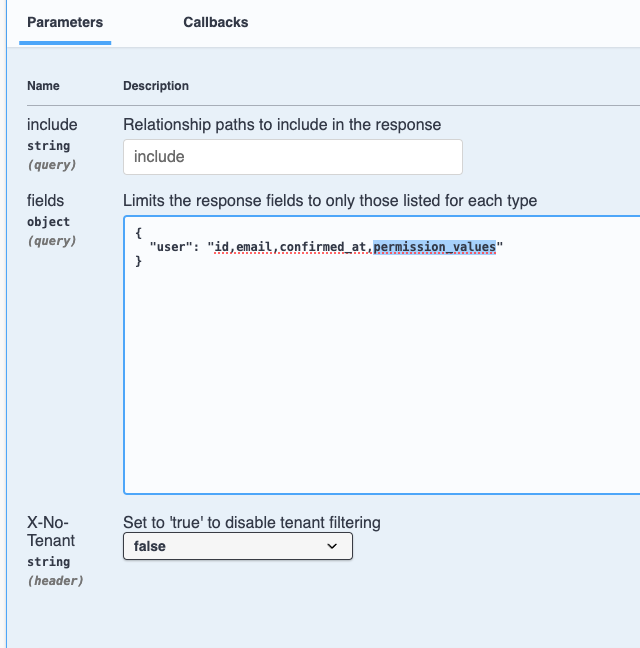Ash Framework
The Elixir backend framework for unparalleled productivity. Declarative tools that let you stop wasting time. Use with Phoenix LiveView or build APIs in minutes for your front-end of choice.
JoinAsh Framework
The Elixir backend framework for unparalleled productivity. Declarative tools that let you stop wasting time. Use with Phoenix LiveView or build APIs in minutes for your front-end of choice.
JoinForgotten `change` in update action leads to hours of troubleshooting and sadness
change in front of a set_attribute in an update action and nothing really reacted to that except that the attribute wasn't set. Is there a flag I can set somewhere to have Spark or Ash or something crash loudly at me when I use keywords in wrong places?
Sad code:
```elixir
update :set_family do...Server-side params for AshPhoenix Form
validate and submit? So far I've been defining a form_params(socket, params) helper that injects/overrides various params before passing the result to validate/submit. This has worked OK but feels wrong, and today I ran into an issue of having to reverse-engineer how AshPhoenix expects unions to work.
Appreciate any insight and guidance y'all can provide!...Claim tenant did not pass validation in multitenancy
Miss understanding to use policy in read action, Handling Missing Actor
:me action.
Here’s my current setup:
```elixir...ashai vectorize

Ash Authentication ApiKey strategy
AshJsonApi.Test post function does not allow change host
AshJsonApi.Test post function dose not allow to overwrite the host as a header, is it bug? or i am writing host in bad place?
like:
```elixir
headers = [{"x-no-tenant", "false"}, {"host", "test.example.com"}]
url = "/auth/sign-in#{filds}"...ash resource force load relationship
Prefix changes the Api path in SwaggerUi but Not Acceptable
prefix "/api/v1" in my json_api and it is changed inside SwaggerUi to this prefix.
For example /api/v1/auth/sign-in like this
```elixir
json_api do
prefix "/api/v1"...Bypassing Multitenancy on Destroy Actions
Anonymous users with AshAuthentication
Managing Relationships - Cascading deletes for has_one relationships.
Completely delete a resource
codegen? Or is there a different way? Thank youmix ecto.gen.migration and add the ecto code there to drop the migrationCan not access to actor from token in create action
actor in the create action — it’s always nil. However, I don’t have this issue in the read action, where I can access the actor without any problems.
```elixir
create :register_with_password do
description "Register a new user with a email and password."...Ash Paper Trail, changes
How can show calculate as fields object in Swaggerui
Success Responses but inside fields object it just shows the attributes! and user has to change it by his hand and add the calculate name . if i change this manually in the fields object text aria it works!
Is there a way to show calculate as fields inside this text aria as default?
or i should change the AshJsonApiRouter?
Thank you in advance...
Bypass all authorization for specific read action (including loaded relationships
accessing_from builtin checkJson API for `request_password_reset_token` auth
request_password_reset_token so that the user can send a password reset request. But the issue I'm facing seems to be that the structure isn't compatible with what the JSON API expects, and as a result, it throws an error.
I wanted to know if there's a way to do this at this stage without changing the action itself?
```elixir
post :request_password_reset_token do
route "/reset_request"...route ...Update action discrepancy
How to create an atomic validation for the amount on AshMoney?